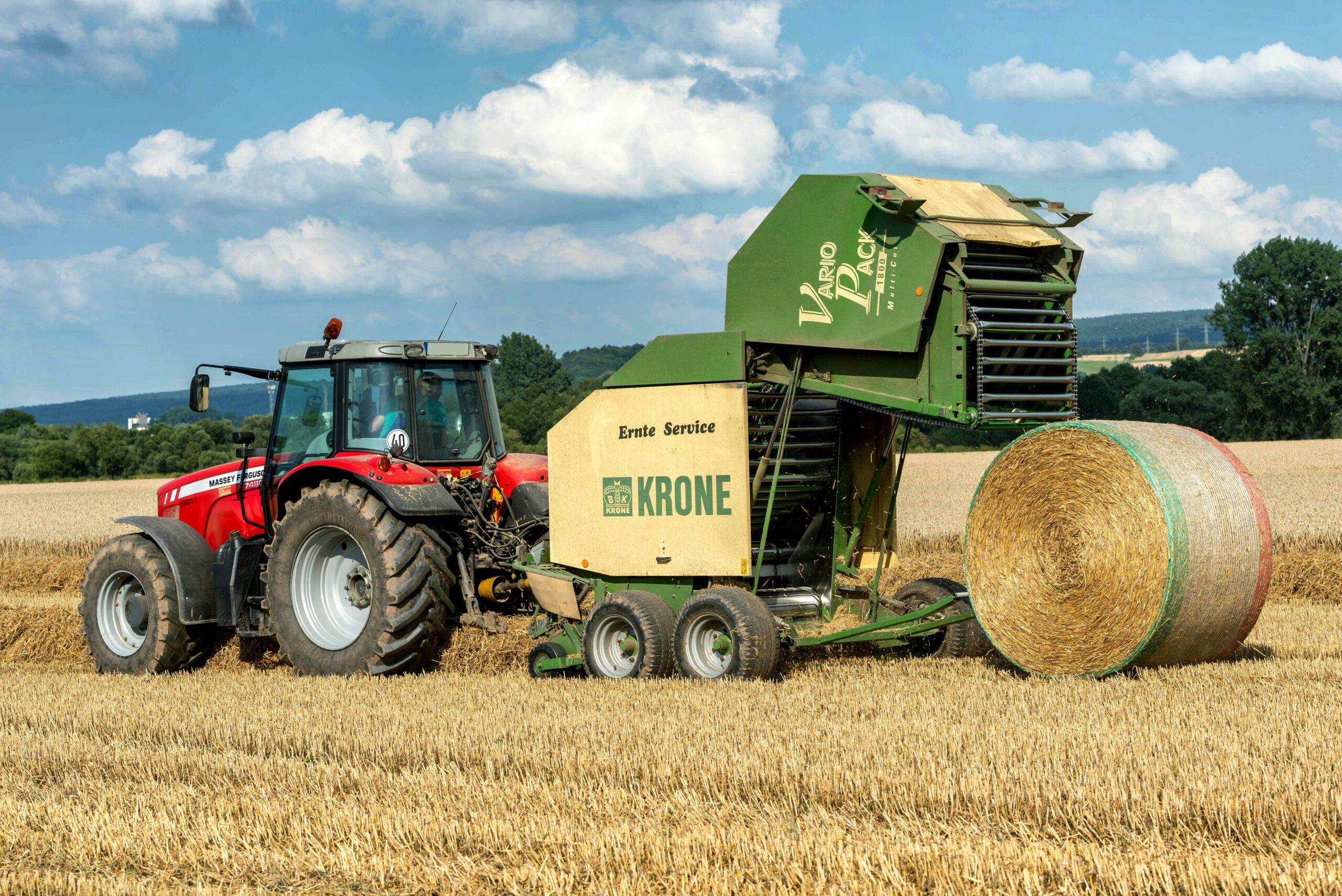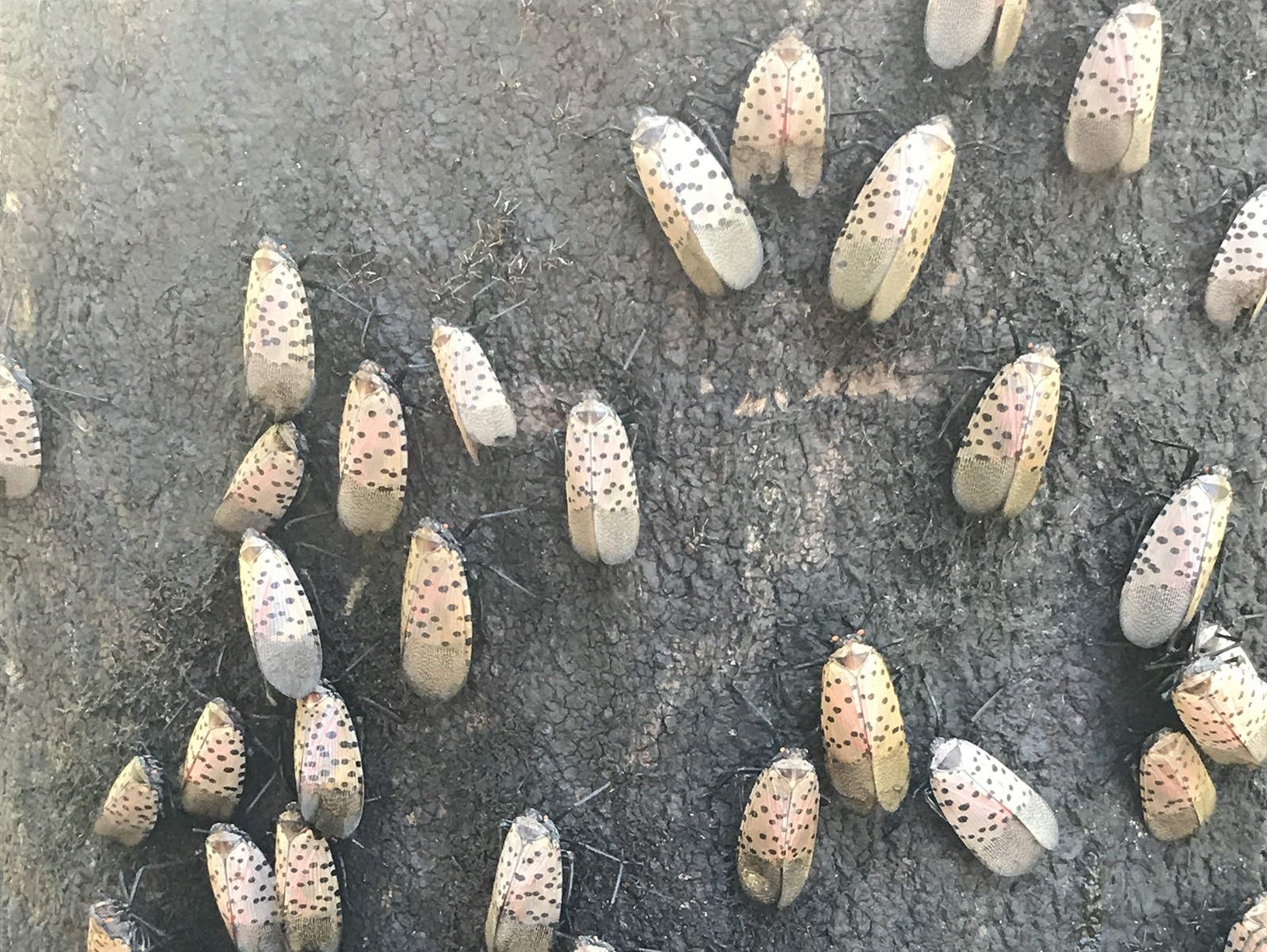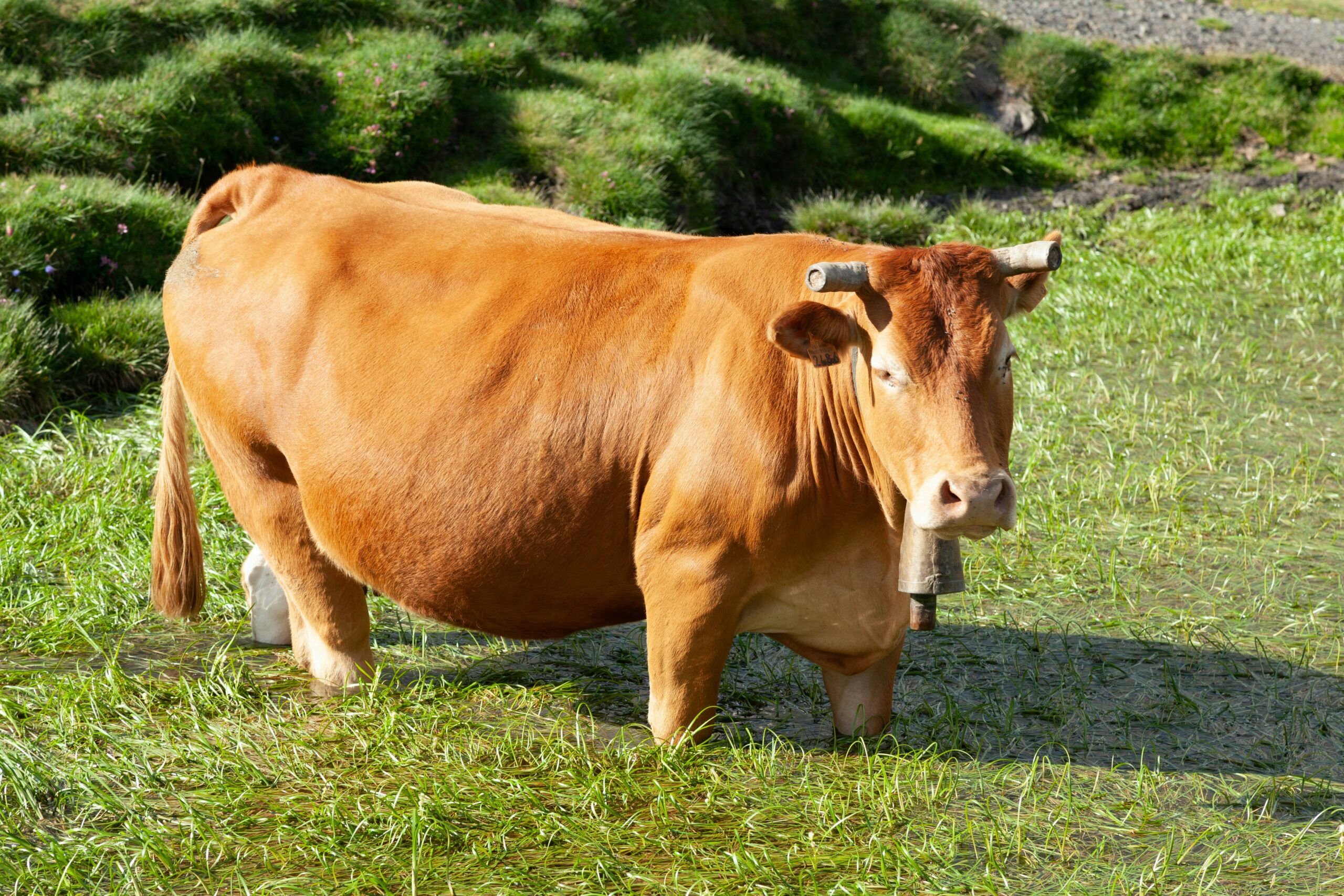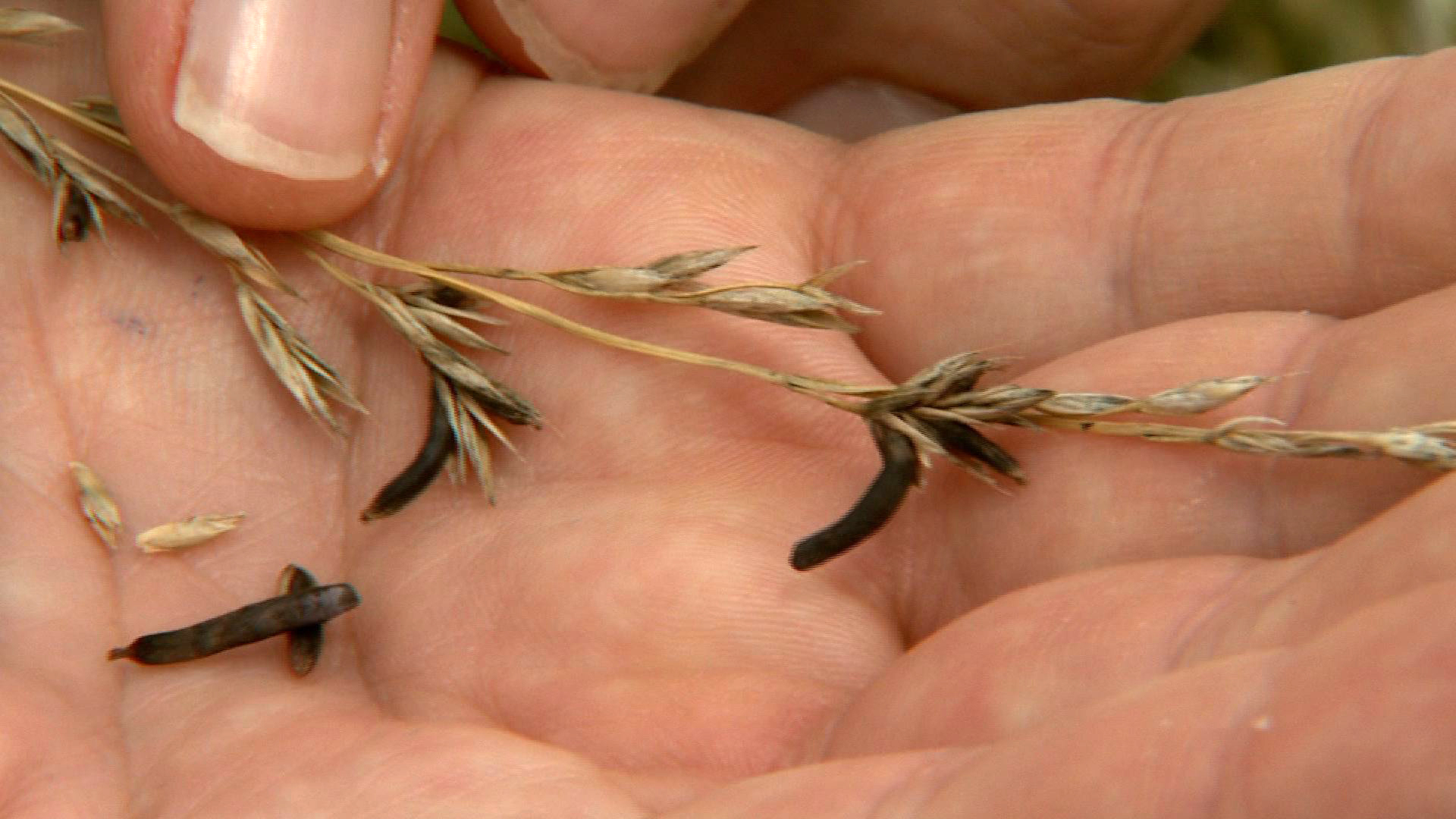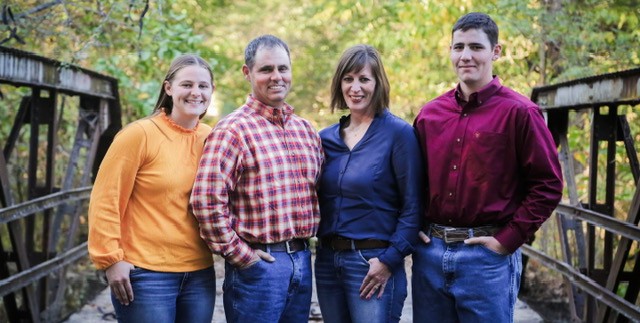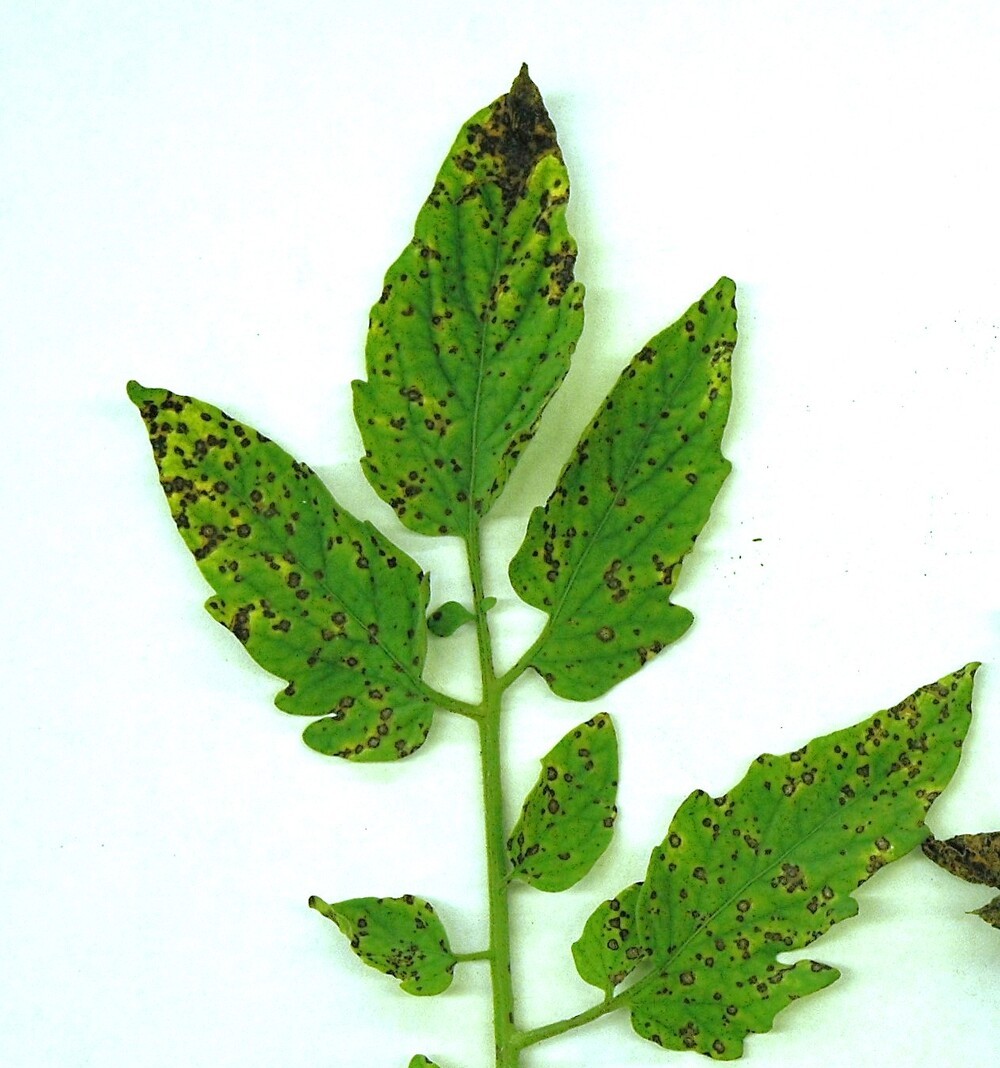Missouri’s Columbia. Three methods are used by cattle to expel heat from their bodies: evaporation, convection, and radiation. According to a news release from the University of Missouri Extension, state beef nutrition specialist Eric Bailey states that if your cattle are unable to utilize all three techniques, they will quickly overheat.
Calves lose weight and milk loses pounds due to the summer heat, according to Bailey. Less profit, decreased fertility, and other health problems are examples of losses. He claims that heat stress has a genuine financial impact.
By providing enough shade, controlling flies, providing water, and selecting the ideal pasture grass, producers can lessen heat stress.
The heat is increased by tall fescue meadows.
When temperatures rise and cattle graze on tall fescue grass, tragedy is certain.
Cattle raised on fescue may become more heated due to toxic endophytes. Profits could be melted by their attempts to stay cool. However, Bailey argues there are workable solutions that maintain weight and profitability.
According to him, endophytes found in the majority of fescue pastures in the Fescue Belt produce harmful ergot alkaloids that interfere with your cattle’s capacity to stay cool.
These toxins block heat from escaping, constrict blood vessels, and reduce blood flow to the skin. They hinder cattle’s ability to sweat and pant, which are vital processes for removing heat from their body. Third, by reducing prolactin, ergot alkaloids postpone shedding. Cattle with shaggy coats that retain summer heat are the result of this.
Cattle raised on fescue are susceptible to issues during the summer, particularly during heat waves. Cattle can typically withstand temperatures of 88 F or 31 C. By Memorial Day, cows probably take up enough ergovaline to exacerbate summer heat stress.
Little sums result in large losses.
Bailey claims that even tiny doses of ergot alkaloids can cause smaller calves, less milk, decreased fertility, and lighter wallets in addition to decreased weight gain. He makes the following recommendations to prevent heat-related losses:
- Rotate toxic tall fescues with other grasses such as clover or interseed pastures with nontoxic novel-endophyte fescue to dilute.
-
Consider investing in full pasture renovation on the worst fields. See the Alliance for Grassland Renewal s website at
https://grasslandrenewal.org
for information on renovating tall fescue pastures.
- Provide supplemental feed in the range of 0.5% to 1.0% of bodyweight per day to dilute ergovaline in the diet.
Keep your fly control in check.
Take extra care to control flies if your cows are on tall fescue.
“The deck is stacked against them if your cattle are on toxic tall fescue and they are swarming together to avoid flies,” Bailey adds.
In order to escape flies, particularly stable flies that attack their legs, cattle often group together. They avoid the field edges where flies are most likely to swarm and instead gather in the center of the pasture.
Bunching retains heat, reduces convection and radiation by 50%, and dramatically increases humidity. According to Bailey, under extreme situations, cows stop releasing heat and even start to get hotter in the shade.
The solution is as follows:
- Drag pastures to break up manure, which is a breeding ground for flies.
- Use fly tags, traps or parasitic wasps to cut fly numbers.
- Finally, rotate pastures to break fly life cycles.
Provide shade for your herd.
Bailey provides advice for encouraging cattle to spread out in pastures and discouraging bunching:
- Provide 20-30 square feet of shade per cow.
- Provide portable shade structures that allow airflow.
- Place water troughs 50-100 feet apart to encourage animals to spread out.
Lastly, according to Bailey, convection and radiation require cool environments and airflow to function. When it’s hot and packed, they fail. According to him, fescue toxins and humidity can seriously impair evaporation, which is the last resort during a heat wave.
To learn more, visit the Tall Fescue Toxicosis (G4669) MU Extension document, which can be downloaded for free atextension.missouri.edu/p/G4669.

